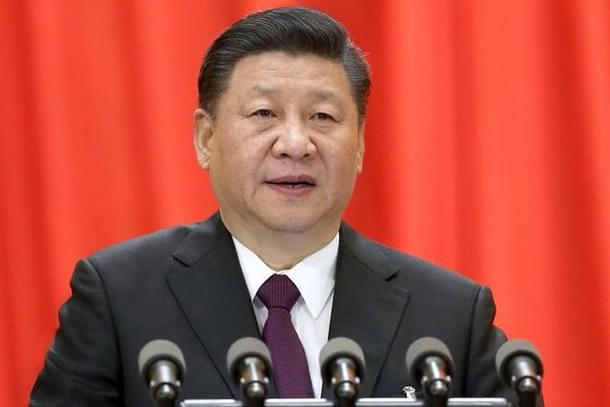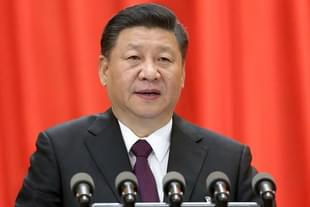News Brief
Worried At Decreasing Number Of Unicorns, Xi Set To Give A Capital Boost To Chinese Startups
Kuldeep Negi
May 30, 2024, 11:48 AM | Updated 11:48 AM IST
Save & read from anywhere!
Bookmark stories for easy access on any device or the Swarajya app.


Amid shifting geopolitics, the decline in the number of unicorns—start-ups valued at over $1 billion—has captured the attention of China's top leaders.
Analysts anticipate that more domestic resources will be directed to support Chinese home-grown enterprises.
In a meeting with entrepreneurs, Chinese President Xi Jinping expressed concern over the dwindling number of new unicorns, according to a report by the People’s Daily on Tuesday.
Xi’s comments are expected to lead to increased state support for nurturing these high-value start-ups, according to Xin Qiang, a professor at Fudan University’s Institute of International Studies, SCMP reported.
Analysts predict a mobilisation of domestic venture capital and resources, particularly in technology, with a reduced reliance on foreign venture capital.
This shift follows last month's Politburo call for “patient capital”—funds with a long-term orientation and higher risk tolerance—to back emerging industries.
Earlier last week, China established its third state-backed investment fund with a registered capital of 344 billion yuan ($46 billion) to boost the semiconductor sector.
China currently has 369 unicorns, averaging $3.8 billion in value, with a significant focus on artificial intelligence and semiconductors, according to a report by KPMG and the Zhongguancun Unicorn Company Development Alliance.
However, China still trails the US in terms of the number of unicorns.
The 2024 Global Unicorn Index by the Hurun Research Institute reports that the US has over 700 unicorns out of a global total of 1,453, while China has 340. The number of new unicorns in China dropped to 56 last year from 74 the previous year.
Between 2015 and 2018, China was a fertile ground for unicorns, driven by its vast market and rich application scenarios.
However, since 2018, the trade war with the US, geopolitical competition, Western tech containment efforts, and de-risking strategies have slowed the growth of Chinese unicorns.
James Zimmerman, a partner at Perkins Coie in Beijing, highlighted the challenges faced by start-ups due to policy shifts in China.
He mentioned that Beijing’s crackdown on tech companies has hindered the ambitions of innovative firms, pushing them into submission under state corporatism.
More than 70 percent of Chinese unicorns have received investments from internationally backed funds, but waning ties with the West pose obstacles to future cross-border collaborations.
Xin Qiang pointed out the collapse of the collaborative ecosystem between China and the US, which once fostered unicorns and tech start-ups.
The US specialised in zero-to-one innovation, while China excelled in application and commercialisation. This synergy fostered many unicorns with both American and Chinese backgrounds.
Recent actions by the US, including President Biden's executive order to limit American investments in sensitive technologies in China and a congressional investigation into US venture capital firms' activities in China, have further impacted potential unicorns.
Xin emphasised the need for China to reduce dependence on the US and leverage domestic venture capital to support emerging firms.
Zimmerman added that a competitive and successful start-up landscape in China requires a policy environment that promotes innovation and information sharing.
Amid these challenges, Beijing is turning to patient capital to drive tech self-sufficiency and support start-ups.
An editorial in the Chinese state-backed Economic Daily underscored the importance of channeling patient capital to finance start-ups.
It stressed the need for policies that encourage medium- and long-term investments in tech-intensive small and medium-sized enterprises.
Patient capital, while not ignoring returns, aims to grasp the growth potential of start-ups by extending the evaluation cycle and planning ahead.
Qiu Yufeng, co-founder of Hangzhou-based Zorpia Robot, emphasised the need for patient capital in the robotics industry, where market application of patents takes time.
He expressed hope for major funds and investors to support new technologies, cautioning that the current preference for short-term projects could harm the development of science and technology.
Also Read:
Kuldeep is Senior Editor (Newsroom) at Swarajya. He tweets at @kaydnegi.




